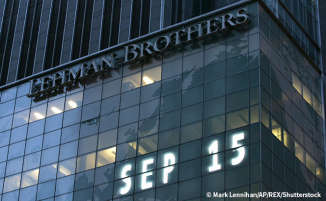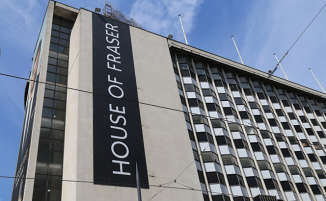The UK Financial Conduct Authority (FCA) announced on 27 July 2017 it would no longer require that banks that are members of the Libor panel be obliged to communicate a daily rate after 2021.
2021 is perhaps not tomorrow, but it is definitely very soon after tomorrow. Financial institutions should now review their Libor-based contracts and products to quantify their exposure to the discontinuation of such a rate. While the effort is obviously larger for financial institutions, other enterprises, and even retail investors and borrowers, should assess their risk and determine what measures to take. We provide below an overview of the contracts that may be affected and possible remedies. Continue reading “Sponsored briefing: The end of Libor in Switzerland”











